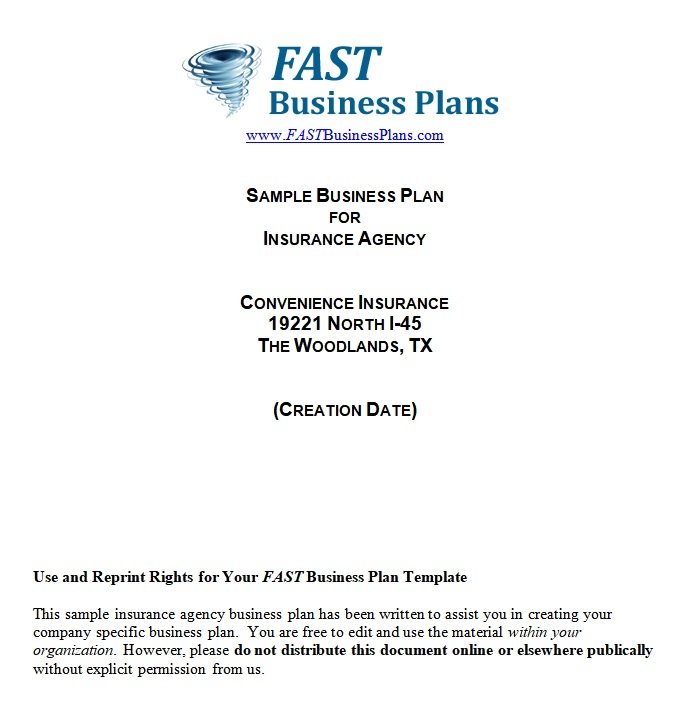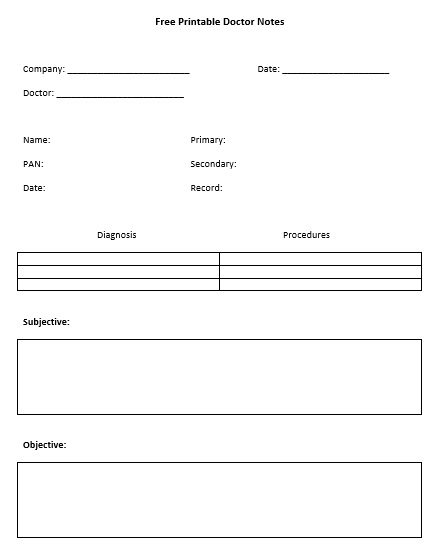Starting an insurance agency is a promising business venture, but like any other business, success requires careful planning. A well-crafted business plan serves as your blueprint, outlining your objectives, strategies, and the path to growth. This guide is designed to help you create a detailed and effective insurance agency business plan template. By the end, you’ll have a framework that not only attracts investors but also sets you up for long-term success.
Why You Need an Insurance Agency Business Plan Template
A business plan is more than a document; it’s a strategic tool that:
- Defines your business objectives and goals.
- Helps secure funding by presenting a clear vision to investors.
- Provides a roadmap to guide decision-making.
- Identifies challenges and opportunities within the insurance market.
By dedicating time to create a thoughtful plan, you set a strong foundation for a successful insurance agency.
Key Components of a Business Plan
1. Executive Summary
The executive summary is the first section of your business plan but should be written last. It provides an overview of the entire plan and includes:
- Your business name and location.
- A brief description of your services.
- Your mission and vision statements.
- Summary of financial projections and funding requirements.
2. Business Description
Detail your business’s nature and the insurance niche you’ll focus on. Examples include:
- Auto insurance.
- Homeowners insurance.
- Life and health insurance.
- Commercial insurance for businesses.
Describe how your agency will differentiate itself from competitors. For instance, will you specialize in serving small businesses or provide bundled policy options?
3. Market Analysis
A thorough market analysis demonstrates your understanding of the industry and your target audience. Include:
- Industry Overview: Provide stats on the insurance industry’s growth and trends.
- Target Market: Define your ideal customer, such as small businesses, families, or high-net-worth individuals.
- Competitive Analysis: Identify key competitors and explain how your agency will stand out.
External Resource: For detailed insurance industry trends, visit IBISWorld.
4. Organizational Structure
Outline your team structure, including:
- Owners and stakeholders.
- Management team (CEO, CFO, etc.).
- Key employees such as agents and administrative staff.
Use an organizational chart for clarity.
5. Services Offered
Describe the insurance products you will provide. Include:
- Core offerings (e.g., auto, home, life insurance).
- Add-on services (e.g., claims assistance, risk management consulting).
- Bundled packages for cost savings.
6. Marketing and Sales Strategy
Explain how you plan to attract and retain customers. This may include:
- Digital Marketing: SEO, content marketing, and social media ads.
- Offline Marketing: Community events, partnerships with local businesses.
- Sales Process: Lead generation, customer follow-ups, and cross-selling strategies.
External Resource: Learn more about digital marketing for small businesses at HubSpot.
7. Financial Plan
Your financial plan should cover:
- Startup Costs: Office space, licensing fees, technology, and marketing.
- Revenue Projections: Estimate income from policies sold.
- Operating Costs: Salaries, office rent, utilities.
- Break-Even Analysis: Show how long it will take to become profitable.
For creating financial projections, tools like Score’s Financial Plan Template can help.
Step-by-Step Guide to Crafting Your Plan
- Research Thoroughly: Gather industry data, analyze competitors, and understand your audience.
- Define Your Goals: Set clear, measurable objectives for your agency.
- Draft Each Section: Use the components above as your framework.
- Review and Revise: Ensure your plan is clear, concise, and compelling.
- Seek Feedback: Share your draft with trusted advisors or mentors for input.
Common Mistakes to Avoid
- Overly Optimistic Projections: Be realistic about costs and revenue.
- Ignoring the Competition: Acknowledge competitors and craft a strong differentiator.
- Skipping the Financials: Detailed financial data builds investor confidence.
- Failing to Update the Plan: Regularly revisit and revise your plan as your business grows.
insurance agency business plan template
sample business plan template for insurance agency
Frequently Asked Questions
Yes, a business plan is essential for strategic clarity, even if you don’t need external funding.
Update your plan annually or whenever significant changes occur in your business or the market.
A comprehensive plan can range from 20 to 40 pages, depending on the level of detail required.












![20 Free Creative Brief Templates [MS Word] free creative brief template 12](https://templatedata.net/wp-content/uploads/2021/09/free-creative-brief-template-12-150x150.jpg)



